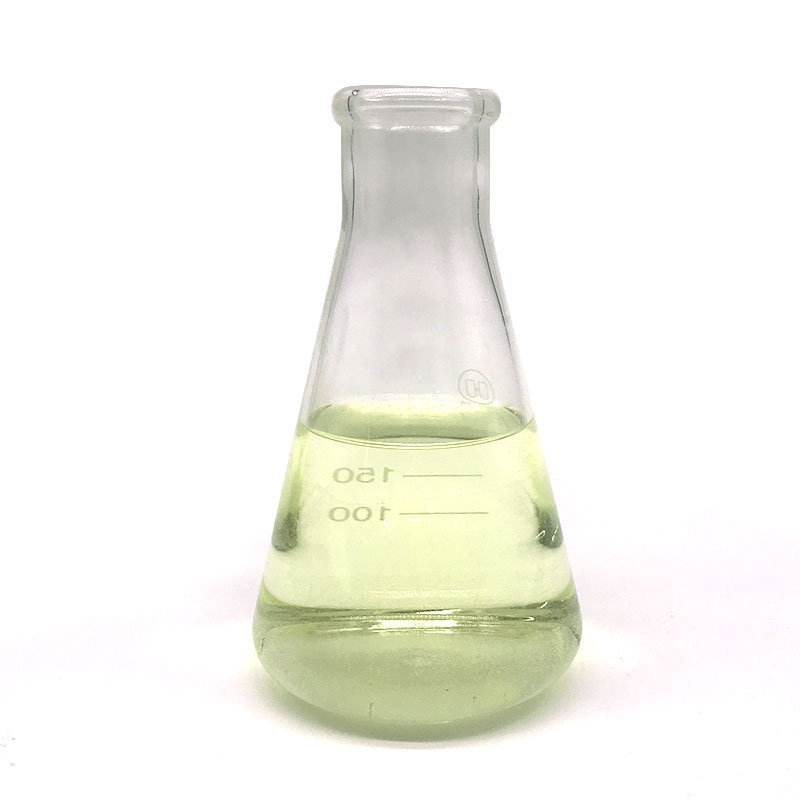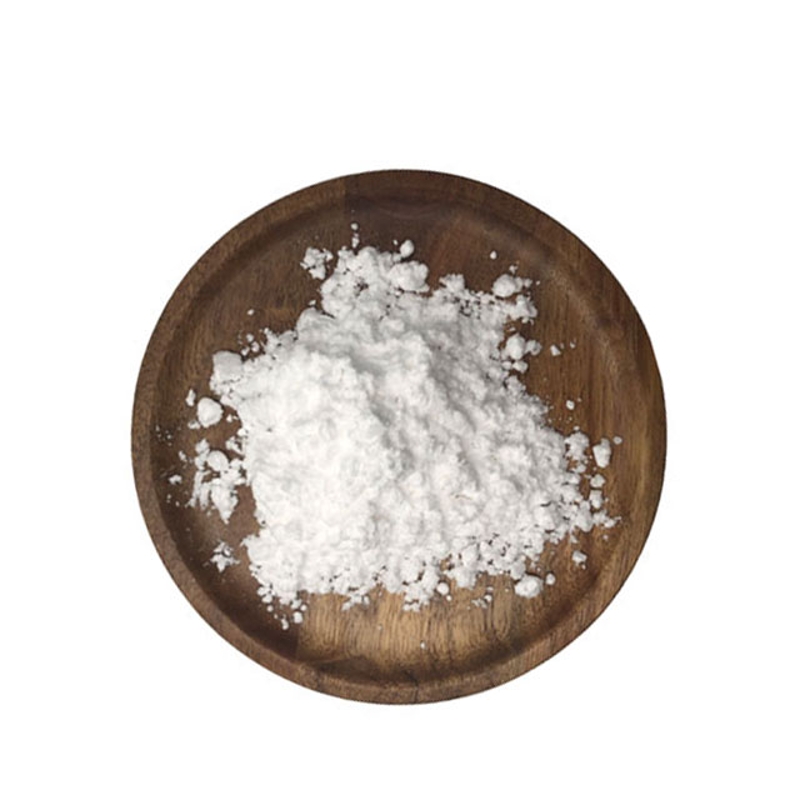Forced second bargaining rebate to the hospital? Local methods that seriously violate the policy?
-
Last Update: 2019-11-27
-
Source: Internet
-
Author: User
Search more information of high quality chemicals, good prices and reliable suppliers, visit
www.echemi.com
According to the Jiangsu pharmaceutical alliance, a county-level city in southern Jiangsu began to implement the policy of "benefiting the people and making profits" on October 21, 2019 The policy not only requires drug companies to reduce prices, but also requires rebate based on the purchase and sales volume one and a half years ago This makes some pharmaceutical companies that do not agree with the second bargaining choose to withdraw from the market It is reported that two pharmaceutical companies with a market value of more than 10 billion have all stopped selling in the city, involving 60-70 products In addition, a third level hospital in Jiangsu Province requires the manufacturer to calculate the quantity and pay the rebate to the hospital from June 1, 2018, otherwise the hospital will carry out clinical volume control - for the drug companies that do not cooperate or have low rebate, their enterprise varieties will be included in the local monitoring directory The above behaviors are very inconceivable and seriously violate the spirit of fairness and contract On June 19, 2015, the former national health and Family Planning Commission issued the notice of the national health and Family Planning Commission on the implementation and improvement of the guiding opinions on centralized drug procurement in public hospitals, which clearly pointed out that: "for the procurement price formed through bidding, negotiation, designated production and other ways, the hospital shall not organize another negotiation." The state has made it clear that any form of secondary bargaining is not allowed However, in practice, local provinces and cities can often unify the provisions of joint procurement with volume and budget Now pharmaceutical companies have a headache about this kind of behavior, because now the national centralized purchase starts to promote, the pricing is transparent and linked If the price of a product decreases due to the special policies of a single region, other regions will also reduce the price, so in order to ensure the national market, pharmaceutical companies will self castrate the market of some special regions In the actual operation process, if the local provinces and cities make use of their power to carry out the second negotiation, at least they should also make a new and old division, new and new methods, old and old methods What is the qualification to require pharmaceutical enterprises to "make up the rebate" for the pharmaceutical enterprises that supplied at the market price, accepted by bidding and fulfilled the contract one year ago? There are no corresponding laws and regulations to support this decision Do you want to go back to a few years? Why not let the drug companies make up the price difference of drugs 10 years ago? This obviously violates the fair and reasonable market spirit and involves the abuse of power The fact that the contract has been negotiated and fulfilled in the past requires drug companies to "pay back the rebate", which is not fundamentally different from the fine What is the reason to impose a fine on enterprises that have provided honest supplies to hospitals? Respect for the established facts is the minimum rule in all reforms If we use monopoly privilege to make unreasonable "compensation" threats, how many enterprises are willing to do business with you? Will this become another form of Laolai? It's understandable that the cost saved after the second price negotiation by the pharmaceutical companies can be "directly" supplied to the final consumers, or "directly" supplied to the medical insurance deficit, but if it's a supply hospital, it obviously goes against the policy of zero plus for drugs The state wants hospitals not to get the price difference from drugs, but the city of Jiangsu is doing the opposite - forcing pharmaceutical companies to pay the drug rebate to hospitals It is not only to let the drug price drop intuitively, but also to let the interests of hospitals and doctors be inconsistent, and to effectively restrict the medical market In the past, 15% of the drugs sold in hospitals were added, while the doctor's prescription was driven by interests, and the interests of doctors and hospitals were in the same direction When the drug zero plus, the hospital not only does not make money but also loses money, and will occupy the precious medical insurance quota, so the hospital will lose the power of selling drugs, even if the doctor has the idea to prescribe more drugs, it will also be limited by the hospital After zero addition of drugs, the interests of hospitals and doctors are in the opposite direction In addition to the clinically necessary products, the hospital hopes that other drugs will be taken over by the third-party drug service agencies, so that patients can take the prescription to the market and choose freely Of course, patients do not go to the so-called hospital trusteeship pharmacy, which will change from one monopoly to another Patients can go to the social pharmacy, medical e-commerce or DTP pharmacy to buy prescription drugs DRGs adopts the method of total cost packaging, and carries out clinical treatment and treatment in the low median cost, so that more people can afford to see the disease with the lowest cost Therefore, after DRGs, the hospital has the motivation to better optimize the drug use structure, improve the treatment efficiency of patients, reduce costs, and improve the overall profit of the hospital Therefore, it is reasonable to subsidize the medical expenses saved after DRGs implementation to the medical institutions!
This article is an English version of an article which is originally in the Chinese language on echemi.com and is provided for information purposes only.
This website makes no representation or warranty of any kind, either expressed or implied, as to the accuracy, completeness ownership or reliability of
the article or any translations thereof. If you have any concerns or complaints relating to the article, please send an email, providing a detailed
description of the concern or complaint, to
service@echemi.com. A staff member will contact you within 5 working days. Once verified, infringing content
will be removed immediately.







